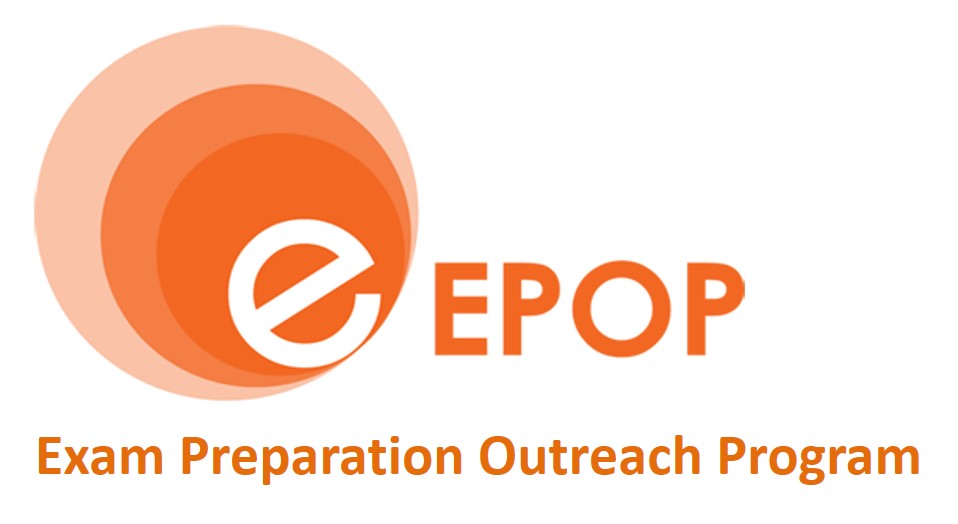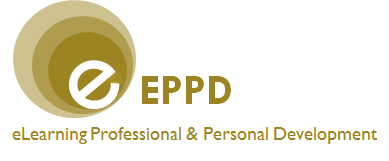🙏 Welcome to the brand new TeP Site 🙏
We are very excited to announce that the TeP site has been successfully upgraded and enhanced with latest technologies for your education journey.
Here is the guideline updates for your exploration.
Enjoy Your Study :)





